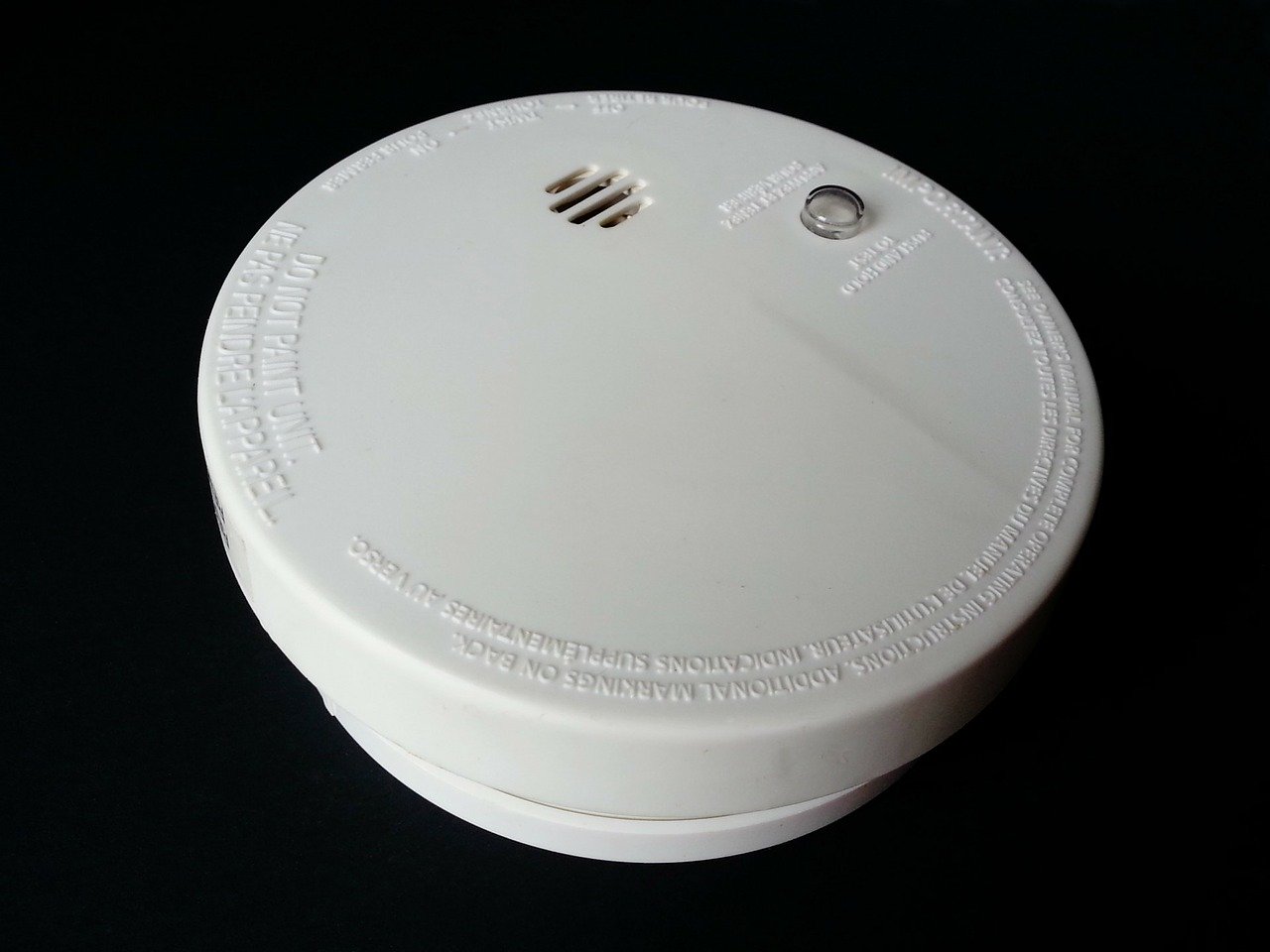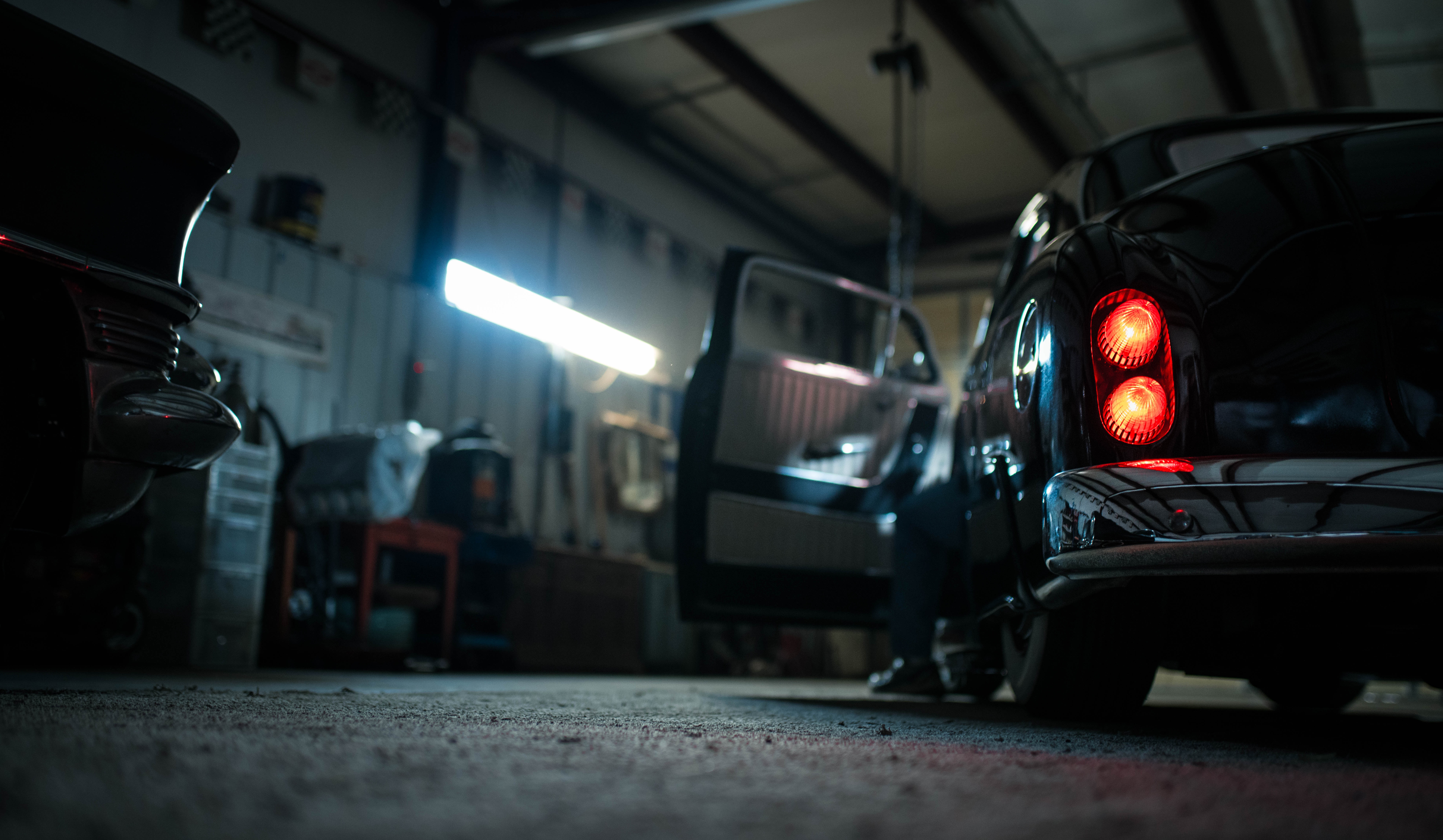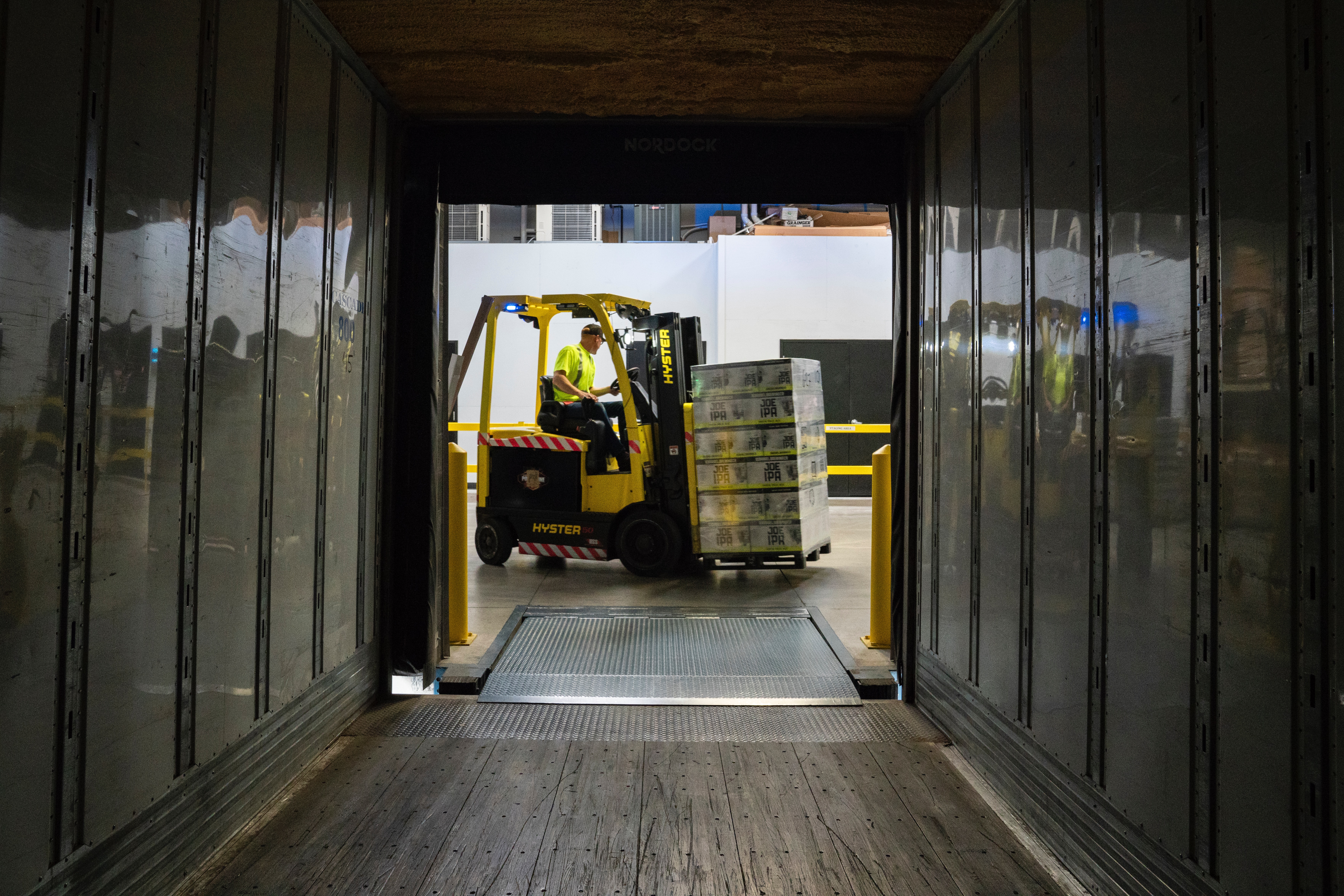Lone working is often an unavoidable feature of many sectors. Job examples can include delivery drivers, people who work away from a fixed base e.g. carrying out maintenance work or visiting clients in their homes, people who work from home, people who work in remote parts of occupied buildings and people who work outside of normal hours such as security … Read More
HOW SMART IS YOUR MOTORWAY?
Following concerns about driver safety in October 2019, the Government announced a review of SMART motorways. The findings of this review and the actions the government intends to take have now been published. The term SMART motorway covers three types of road: Controlled Motorways – like conventional motorways, these have a permanent hard shoulder but with added variable speed limits … Read More
TACKLING EMAIL STRESS: A PILOT PROJECT
Pressure is a natural part of life and can come from many sources, the right pressure can help motivate people to achieve and perform at their best however too much pressure or the wrong type of pressure can cause an adverse reaction. This is generally what is referred to as stress. Signs of stress in a workplace can include increased … Read More
MANAGING UPPER LIMB DISORDERS IN THE WORKPLACE: UPDATED GUIDANCE
The term upper limb disorders refers to a broad range of conditions affecting the fingers, hands, wrists, arms, shoulders and neck which often involve stiffness, aches, pains and cramps. In a work environment these can be caused or made worse by a number of factors including prolonged repetitive work especially when suitable rest breaks are not provided, uncomfortable or awkward … Read More
2020 FIRE KILLS CAMPAIGN LAUNCHED
The Home Office has announced the launched of the Fire Kills campaign for 2020. This campaign has been designed with help from the National Fire Chiefs Council to promote fire safety in the home by raising awareness of common hazards and promoting the use of smoke alarms. Some key statistics highlighted by the campaign include: You are around 8 times … Read More
LEAVING THE EU HOW DOES THIS AFFECT HEALTH AND SAFETY REQUIREMENTS?
The UK ceased being a member of the European Union on 1st February 2020 and has now entered a transition period due to run until 31st December 2020. So what does this mean for your health and safety responsibilities? While we are in the transition period the rules and regulations that cover health and safety will continue to apply and … Read More
CONCERNED ABOUT CORONAVIRUS
While the risk to individuals in the UK remains low it is not unreasonable to be concerned about the global spread of the new Coronavirus following the outbreak in Wuhan, China. In the UK, as at 10th February, it has been reported that a total of 1,114 people have been tested of which 8 had tested positive and the rest … Read More
VEHICLE LIFT CHECKS – 48 OUT OF 55 FOUND FAULTY IN NORTHERN IRELAND
The MOT testing of cars operates differently in Northern Ireland to the rest of the UK. In Northern Ireland tests are required for cars from 4 years old, the system is run by the Driver and Vehicle Agency (DVA) and tests can only be carried out at state operated testing centres. In January 2020 following routine tests faults were found … Read More
MANUAL HANDLING GUIDANCE REVISED
The HSE have published an updated version of their leaflet “INDG143 Manual Handling At Work A Brief Guide”. The leaflet is aimed at employers and gives information on the problems associated with manual handling and gives guidance and practical advice on how to reduce the risk of injury from manual handling. While the regulations and the HSE’s policies on manual … Read More
DRIVING GIG GUIDE LAUNCHED
The term “gig economy” is generally used to refer to people working on a less formal basis than the traditional full-time 9 to 5 job. Typically, this can involve someone working on a task by task basis for several providers, often with the work arranged through an online platform. This may be the sole source of income for some individuals … Read More









